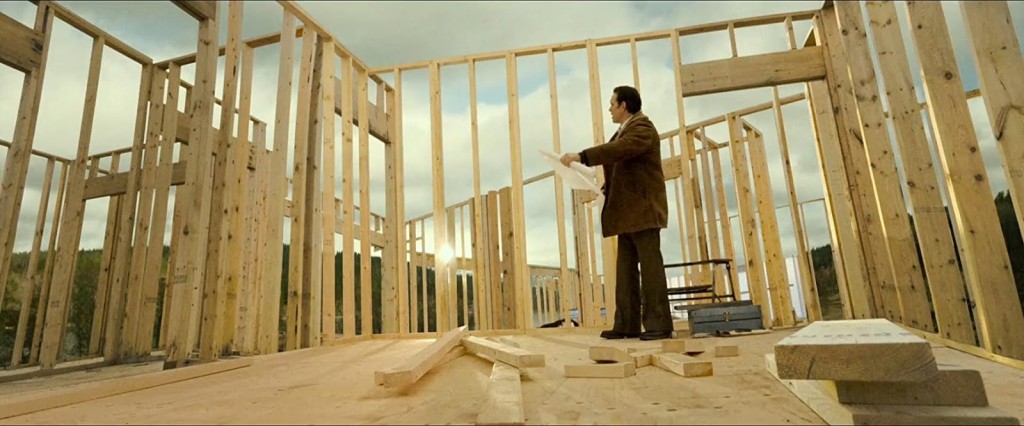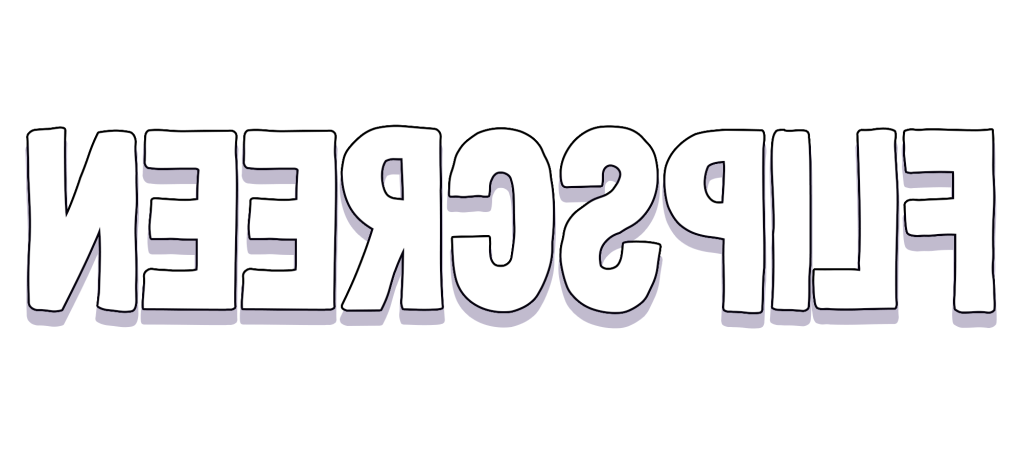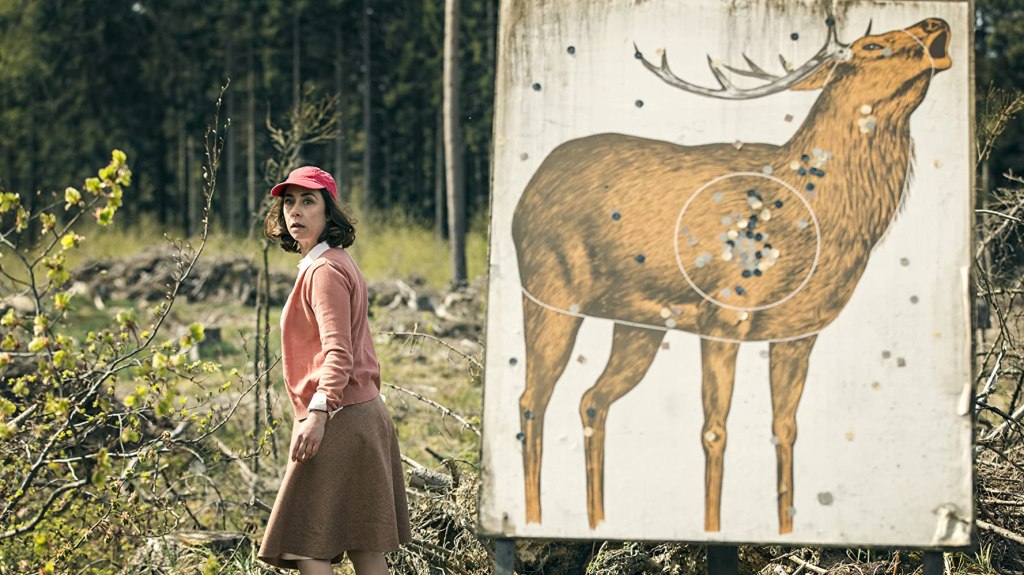“A decadent five act examination of a serial killer’s psyche”
Welcome to the Women in Horror column. Every Wednesday, we highlight the work of women in the horror genre.
Watching Lars von Trier’s latest film The House That Jack Built is like seeing a true crime podcast come to life. Popular podcasts like My Favorite Murder, Criminal, and Crime Junkie share the stories of real-life murders to shed light on the issue and advocate for justice for victims. Countless murderers target women then blame their actions on mental illness rather than toxic masculinity and violent sexism. When the murders become the subject of a film such as this one, all the details that make you cringe are shown in real time, with the camera panning away only at the very last second. The film has divided audiences, leading 100 people to walk out of the film’s premiere at Cannes. Those who stayed, though, gave the movie a ten-minute standing ovation. This dichotomy is present in the film as well, as it develops from a stomach-churning slasher to an art-house examination of the mind of a misogynist serial killer.

Clocking in at just over two and a half hours, The House That Jack Built is a decadent five act examination of a serial killer’s psyche narrated by Jack (Matt Dillon) and Virgil (Bruno Ganz). Loosely inspired by Dante’s Inferno, Jack and Virgil converse about Jack’s life while descending through the levels of hell. Jack describes his OCD, the house he never finished building, and five of the many murders he committed over a period of twelve years. Though Jack claims to have killed men and some children as well, four of the five he focuses on are all of women. The structure of the narration allows Virgil to ask questions, prodding into Jack’s state of mind. Each poke shows what the murders already revealed: Jack is a sick, sexist, disturbed man who thinks the lives he stole are somehow works of art. When Virgil asks why Jack only talks about the women he killed, Jack says “women are easier, not physically, they’re just easier to work with. More cooperative.” With this statement, Jack effectively admits that he kills women more often because of their femininity: he expects women to comply, to follow his orders, and to be polite rather than putting up a fight. As the film progresses, it becomes less about the individual crimes and more about Jack himself. Simultaneously, the imagery becomes more surreal, eventually depicting Jack and Virgil walking through hell in arrangements reminiscent of Renaissance paintings.

This deep dive into the serial killer’s psyche is fascinating but gruesome. Nearly all the murders Jack recounts are of women; it’s extremely upsetting to see a man with no empathy harm women with no remorse, and it begs the question of who should be the center of serial killer stories. Though not directly inspired by one person, the murders Jack commits are reminiscent of the crimes of many male serial killers. The women, often shown to have awareness of dangerous men, still always manage to let Jack get close enough to do harm. The painful truth of sociopaths that become violent could be examined without brutalizing women on camera. Jack’s intelligence, arrogance, charm, and lack of empathy are trademark traits of serial murderers that allow him, and others like him, to quickly gain trust and avoid raising suspicion. The House That Jack Built ultimately condemns Jack’s actions but it seems far more interested in Jack’s mind than the lives of his victims, leaving something more to be desired.
Dir.: Lars von Trier
Prod.: Louise Vesth
Cast: Matt Dillon, Uma Thurman, Bruno Ganz
Release date: December 14, 2018
Available on: Amazon Rental, Vudu rental, YouTube rental
Trailer: https://youtu.be/BYF2tfdD1fA


Leave a comment